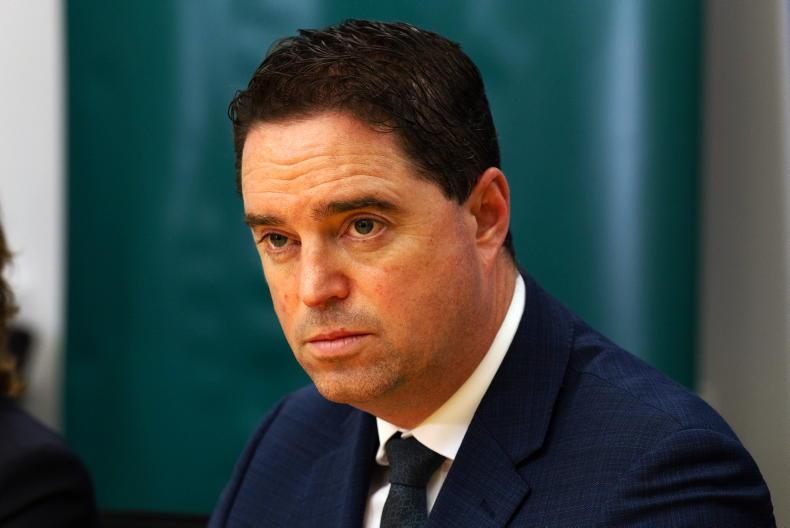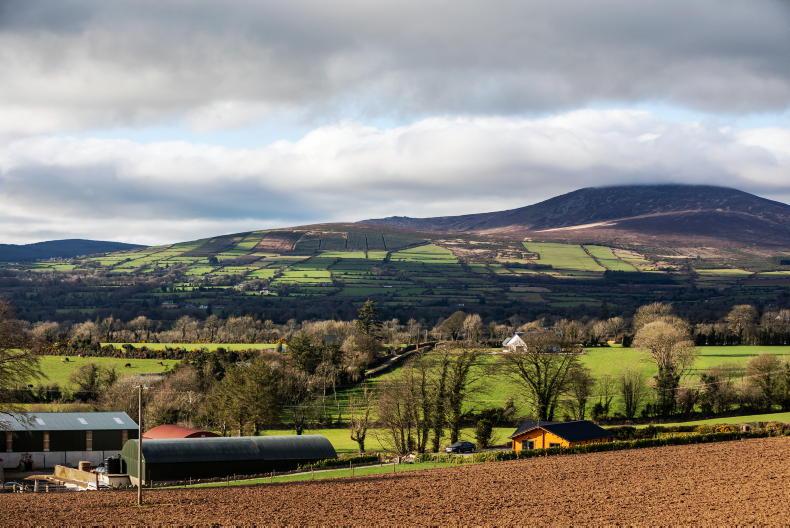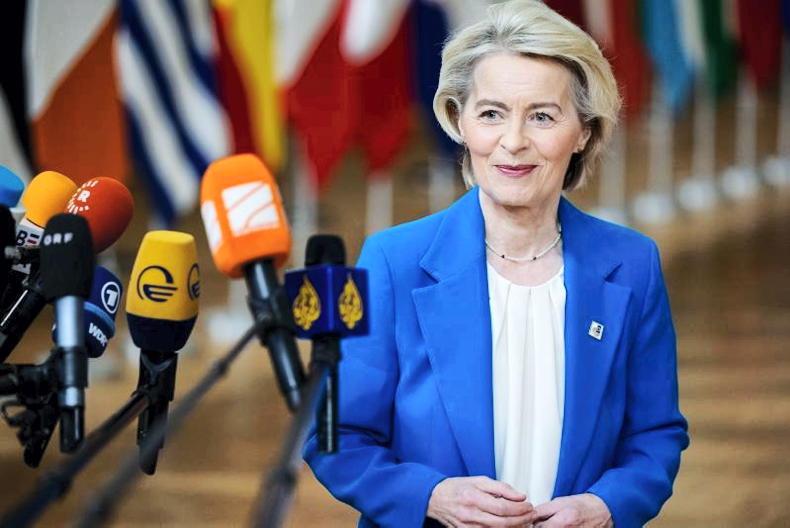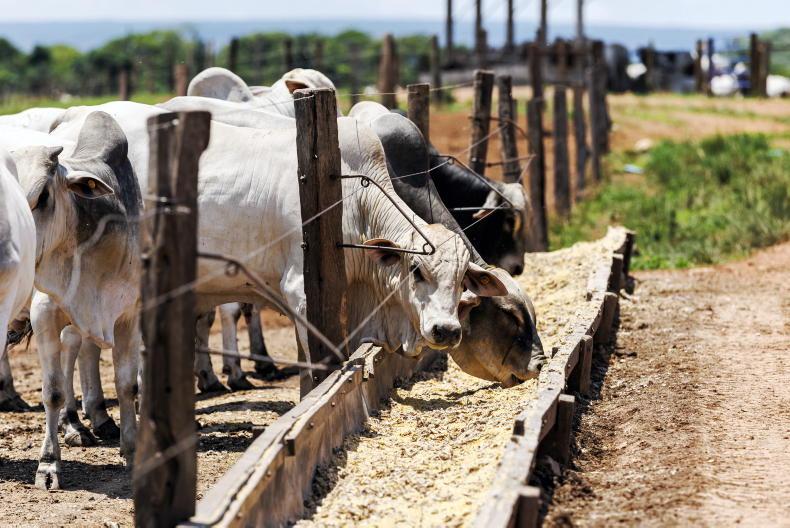When Simon Coveney was appointed as Minister for Agriculture in March 2011, he brought one key attribute – ambition.
That ambition returned to the fore over the past six weeks as he actively talked up his likely promotion, keen to add another economic portfolio to his CV.
He has always come across as a minister in a hurry to make an impression and with the energy and capacity for hard work to deliver. The story goes that he has been attending early morning Irish lessons – a sure sign of a man with aspirations to be Taoiseach. With a wife and three young children in Cork, he certainly cannot be accused of lacking commitment to his portfolio.
His personal ambition came to the forefront in the 2012, 2013 and 2014 Budget talks, where he ensured that agriculture retained a reasonable allocation in the face of spending cuts. Maintaining forestry grants, disadvantaged area payments and farm buildings grants throughout his term deserves credit. Agriculture could have been hammered if a weak minister was at the helm.
Damage
However, he has never managed to undo the damage caused by the closure of REPS in 2009. Each year, thousands of farm families left the scheme and felt the income hit. Likewise, the closure of the Suckler Cow Welfare Scheme (SCWS) in 2012 hit incomes and confidence in a sector seen as increasingly vulnerable.
His biggest achievement in office to date has undoubtedly been securing agreement on the Common Agricultural Policy (CAP) reform. With European Parliament co- decision, 27 member states and a commissioner from the east, it was complex. Painstaking work by the Minister himself and a strong team at Agriculture House ensured that Ireland secured a far better deal than that originally proposed. We might not all like the final outcome, but it would have been disastrous for productive agriculture in Ireland if Commissioner Ciolos was not reined in. Europe may not have got a deal without Coveney holding the presidency at the crunch time.
To Coveney’s credit, he immediately picked up the previous Government’s Food Harvest 2020 strategy and has enthusiastically promoted it. However, apart from pigs and dairy growth, there is little evidence that the plan is delivering for other sectors.
Minister Coveney frequently boasts of Ireland’s food and drink exports reaching a record €10bn. However, the reality is that international commodity price rises, rather than output expansion, have been the main driver – in fact, when compared to the base period of 2007-2009, cattle output volume in 2013 was down 4% while sheep output was down 6%.
It is also disappointing that the Minister has made no moves to encourage rationalisation in dairy processing, despite obvious scope for improving our international competitiveness. If he stays in Agriculture House – as appears likely at the time of going to press – this is something about which he may be more proactive.
Another focus this year will certainly be the poor relationship between beef factories and Ireland’s 80,000 beef farmers. The recent beef summit was high on visibility but low on results. In contrast, last week’s beef summit in Britain involved the retailers and delivered immediate results for farmers. The Minister was perceived as having stood back from the issue in recent weeks and was privately criticised by the Fine Gael internal agriculture committee.
To date, Coveney has excelled as an international ambassador promoting Ireland as a food and drink producer. He has gravitas and impact when speaking passionately without notes on trade missions. Food exporters acknowledge that it helps open doors.
He has a strong interest in the work of An Bord Bia, passionately endorsing its Origin Green strategy. It has resonated with global multinational clients such as McDonald’s and Danone; only time will tell if it really delivers for farmers.
As well as international work, Simon Coveney has built closer links with Northern Ireland. The most common criticism was that he did not cross the Shannon frequently enough.
In recent months he went to Athlone and committed to resolve the issues around the CAP treatment of the Grassland Sheep Scheme, but nothing concrete has happened. While there was progress last week in the Rural Development Programme announcement, issues around commonages remain to be fully resolved.
The true test of a Minister’s capability is how he/she copes in a crisis and to be fair to Coveney, he performed well during the horsemeat debacle. He was lucky in that no one in Ireland was found to be deliberately adding horsemeat to beef products; loose controls on the horse population here were certainly a factor in the pan-European scam. His strong media skills came to the fore – consumers and customers were reassured.
A lot done, a lot more to do. Regardless of whether he stays or goes, the sector has certainly benefited from having an ambitious, enthusiastic Minister at the helm.








SHARING OPTIONS